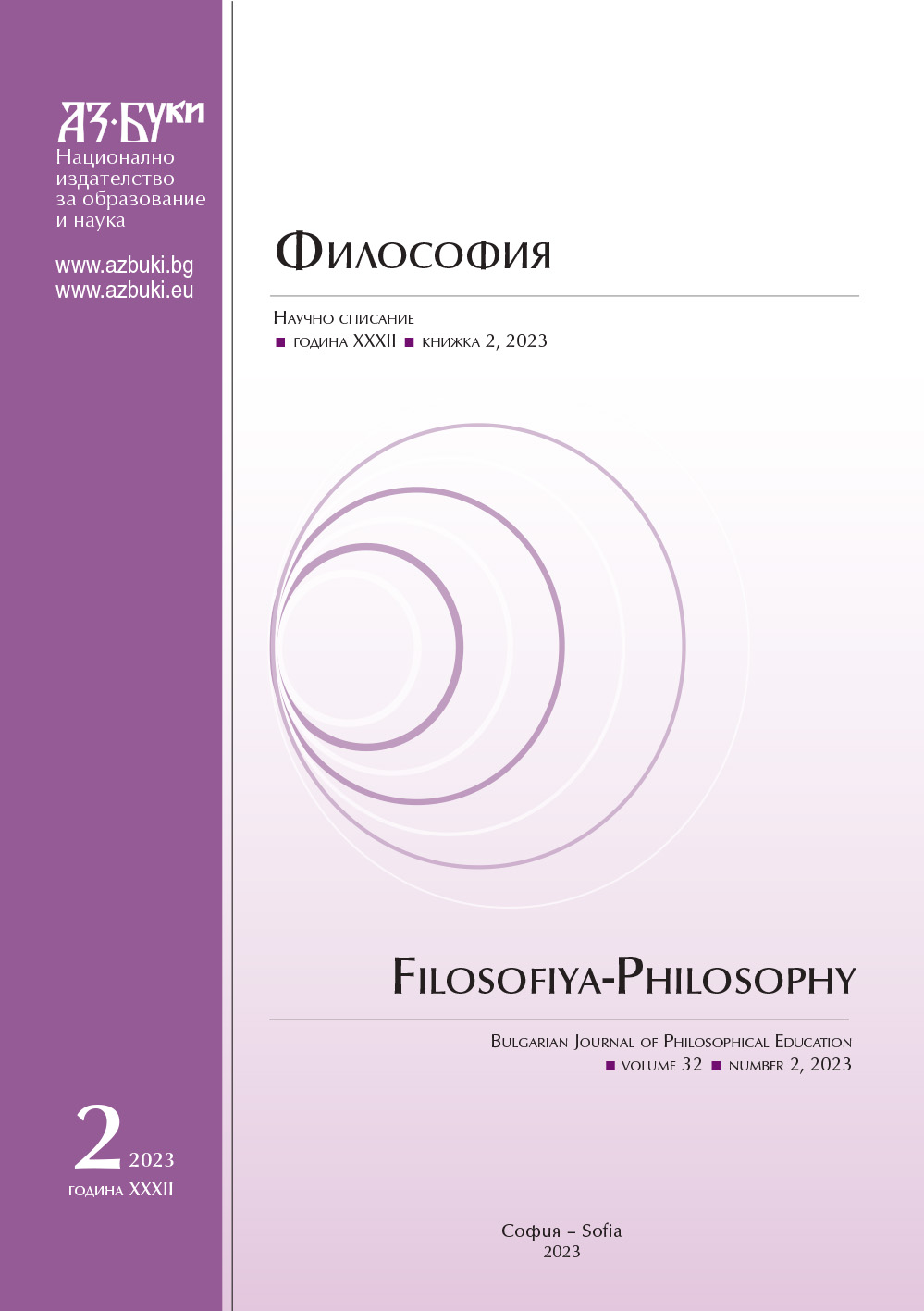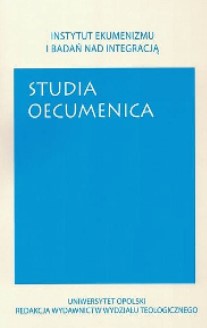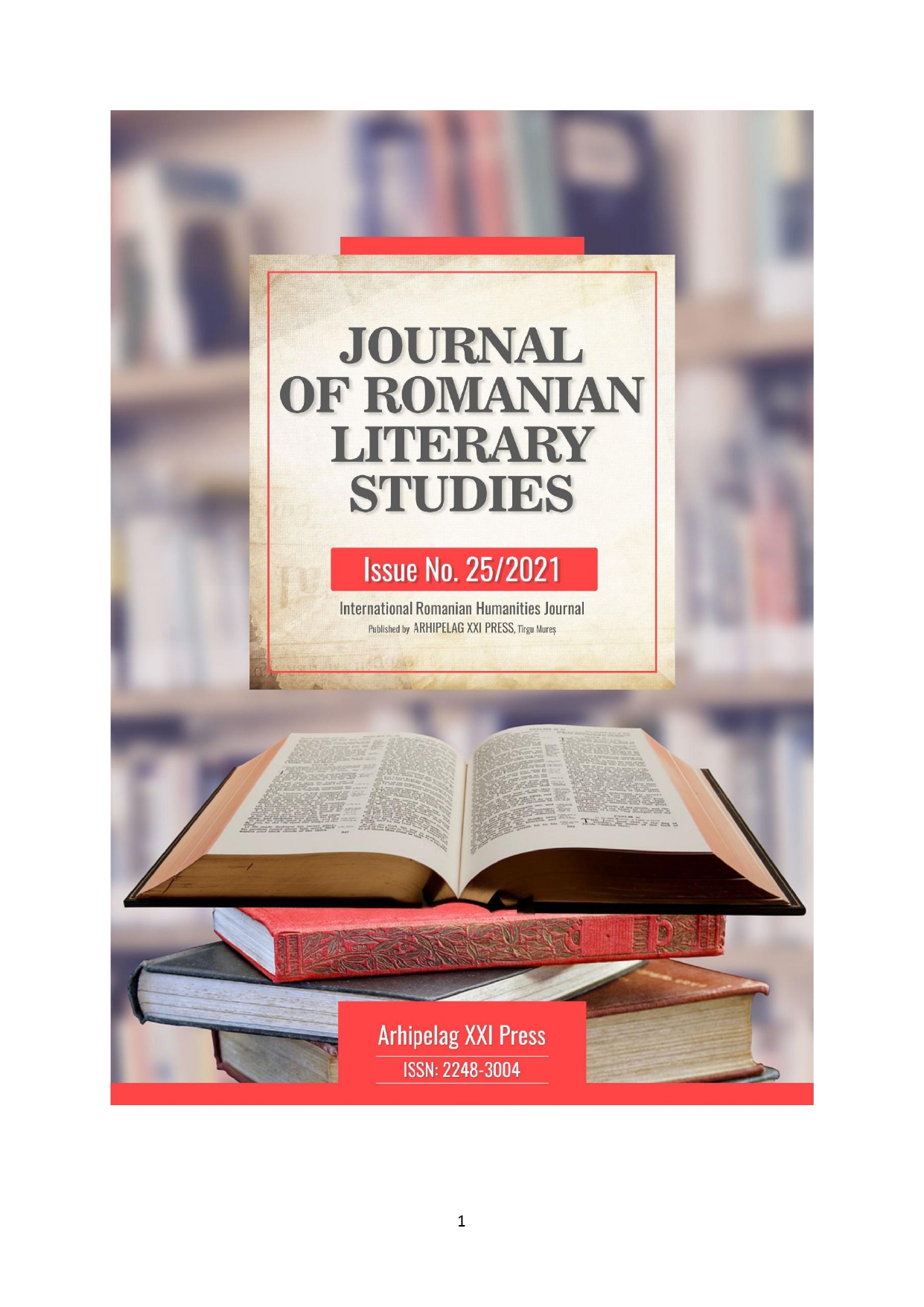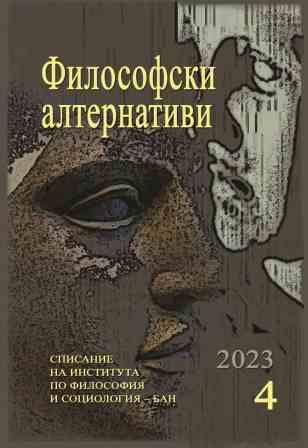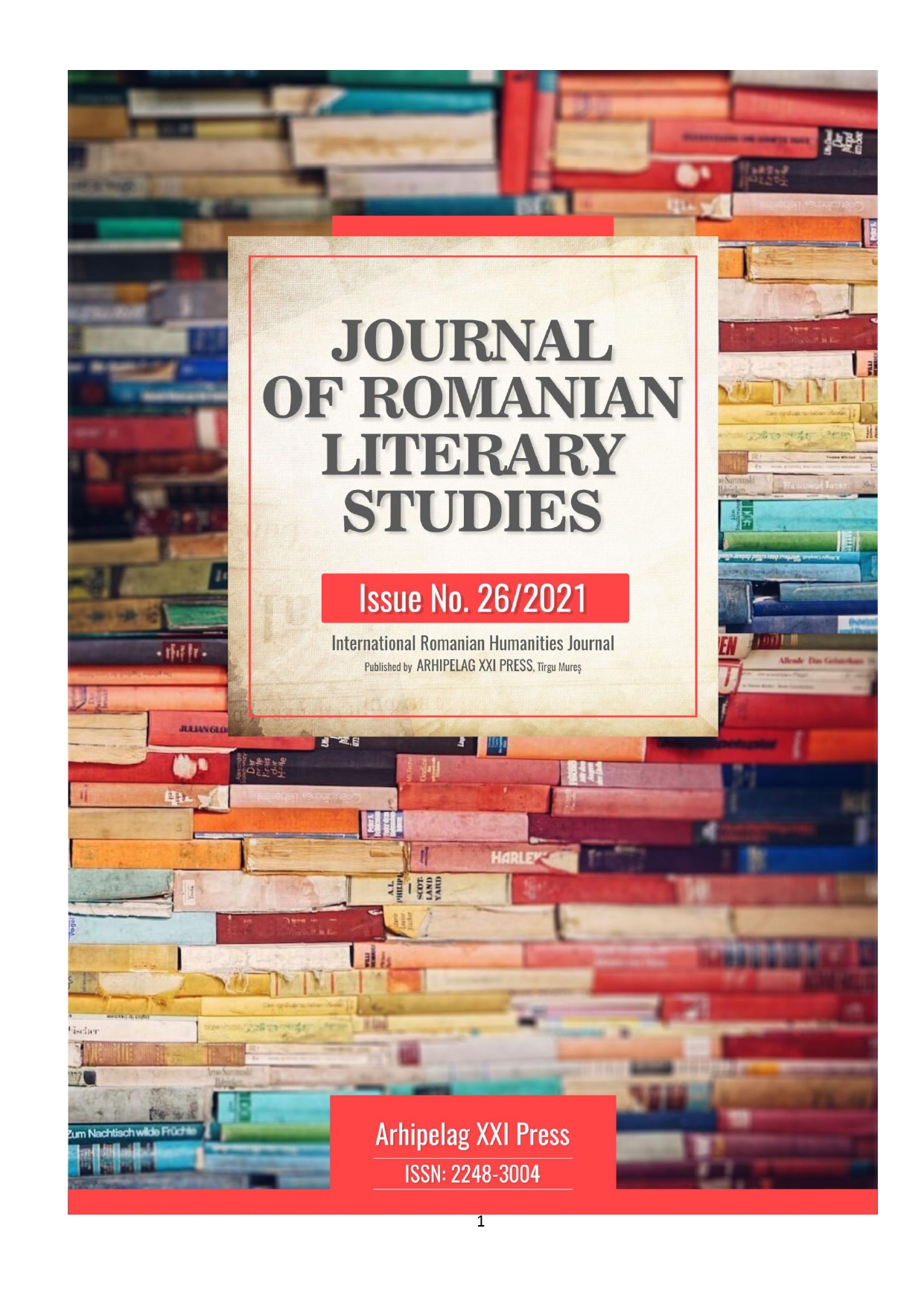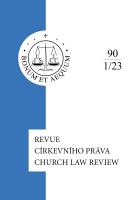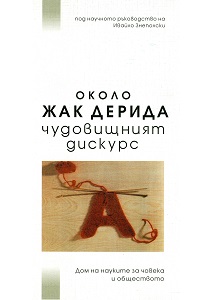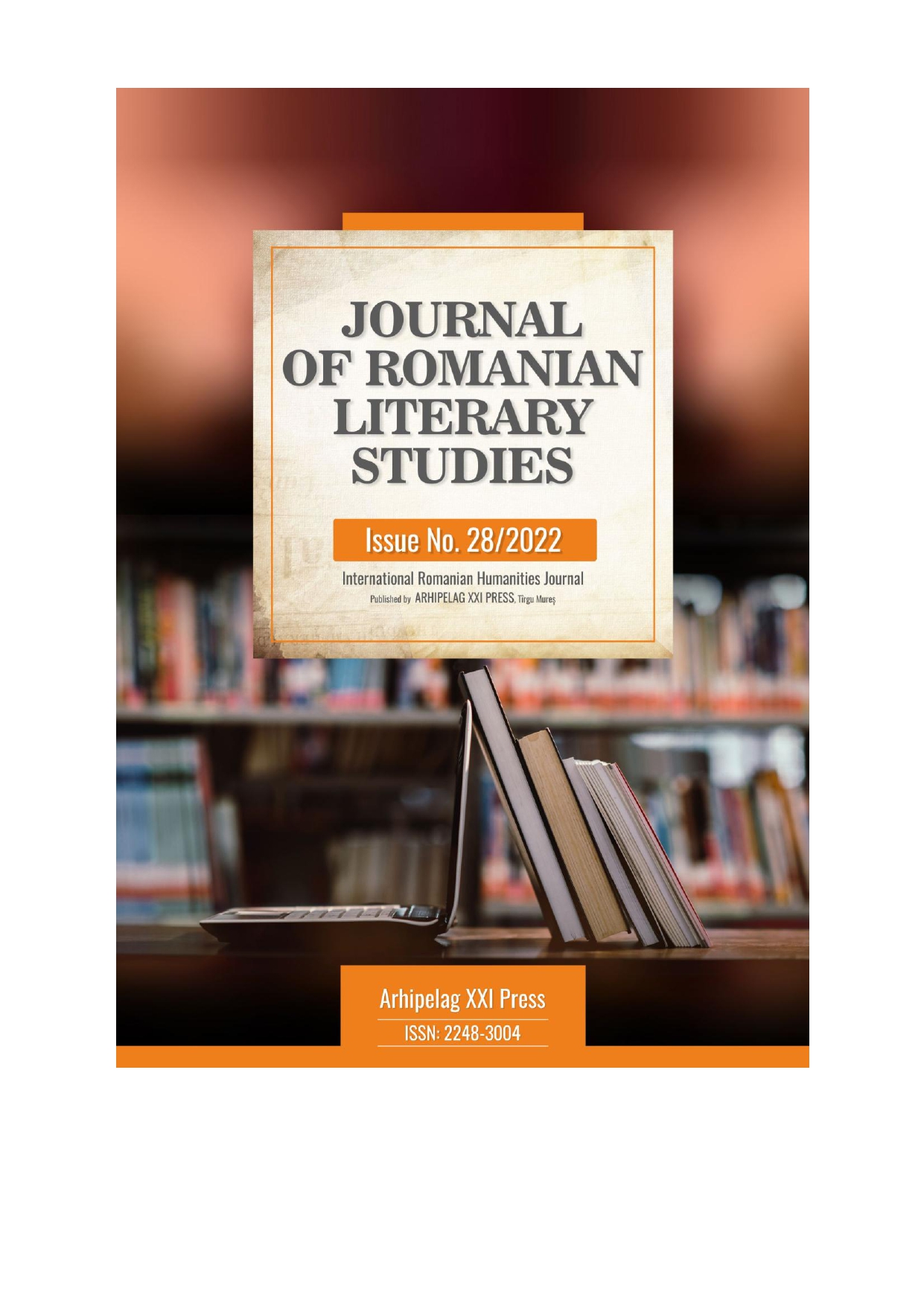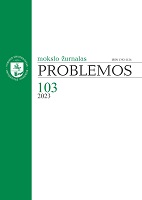
Human Flourishing, Normativity and Critical Theory
Aristotle has traditionally been aligned with conservative social and political philosophy. The conservative reception has been challenged by Alasdair MacIntyre and the Marx-inspired reading of Aristotle. Following MacIntyre’s arguments, this paper sketches an alternative conception of the critical theory beyond the Frankfurt School’s critique of the contemporary culture and the modern society. Critical theory is understood as an attempt to provide both historical analysis and normative critique of the contemporary society and its culture. It argues that normativity should be understood not in Kantian, but in Aristotelian terms. The articulation of Aristotelian conceptions of human flourishing and aretē, rather than that of the bürgerlich conception of Kantian duty, should be at the centre of contemporary theorising. The author claims that Aristotle’s practical philosophy allows us to conceptualise ethics beyond the dominant conceptions of ethical normativity prevalent in the capitalist modernity, while Marx is important because his analysis provides us with theoretical tools for the historically informed critique of the social and economic structures of the modern society.
More...
